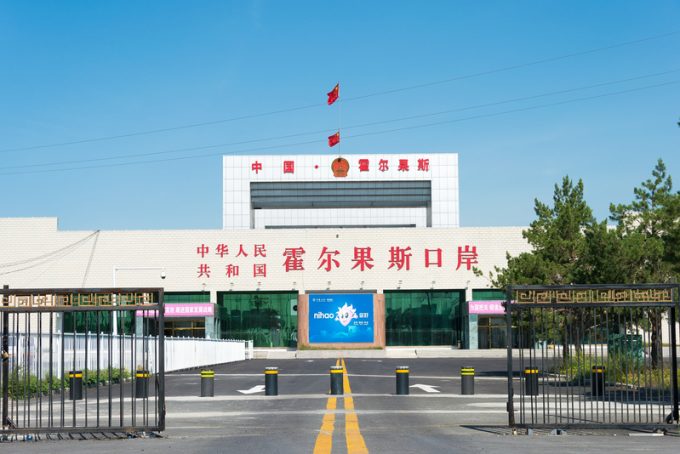China launches new rail service to boost volumes to Europe via Caspian Sea
China is eyeing a four-fold increase in container volumes going via its Middle Corridor rail ...

China’s Belt and Road initiative (BRI) may have faced recent strong criticism from the EU, but that has not dented the growth in its exports to Europe.
Chinese officials have claimed a 106% increase in the value of cargo travelling by rail from China to Europe, equating to some $33bn.
Xiao Weiming, from the office of the leading group for promoting the BRI, told Xinhua that 14,691 trips have been made by China-Europe freight trains since 2011.
Operator United Transport And Logistics Company Eurasian ...
USTR fees will lead to 'complete destabilisation' of container shipping alliances
Outlook for container shipping 'more uncertain now than at the onset of Covid'
Flexport lawsuit an 'undifferentiated mass of gibberish', claims Freightmate
Cancelled voyages take the sting out of spot rate declines this week
Shippers warned: don't under-value US exports to avoid tariffs – 'CBP will catch you'
Blanked sailings in response to falling demand 'just a stop-gap solution'


Comment on this article